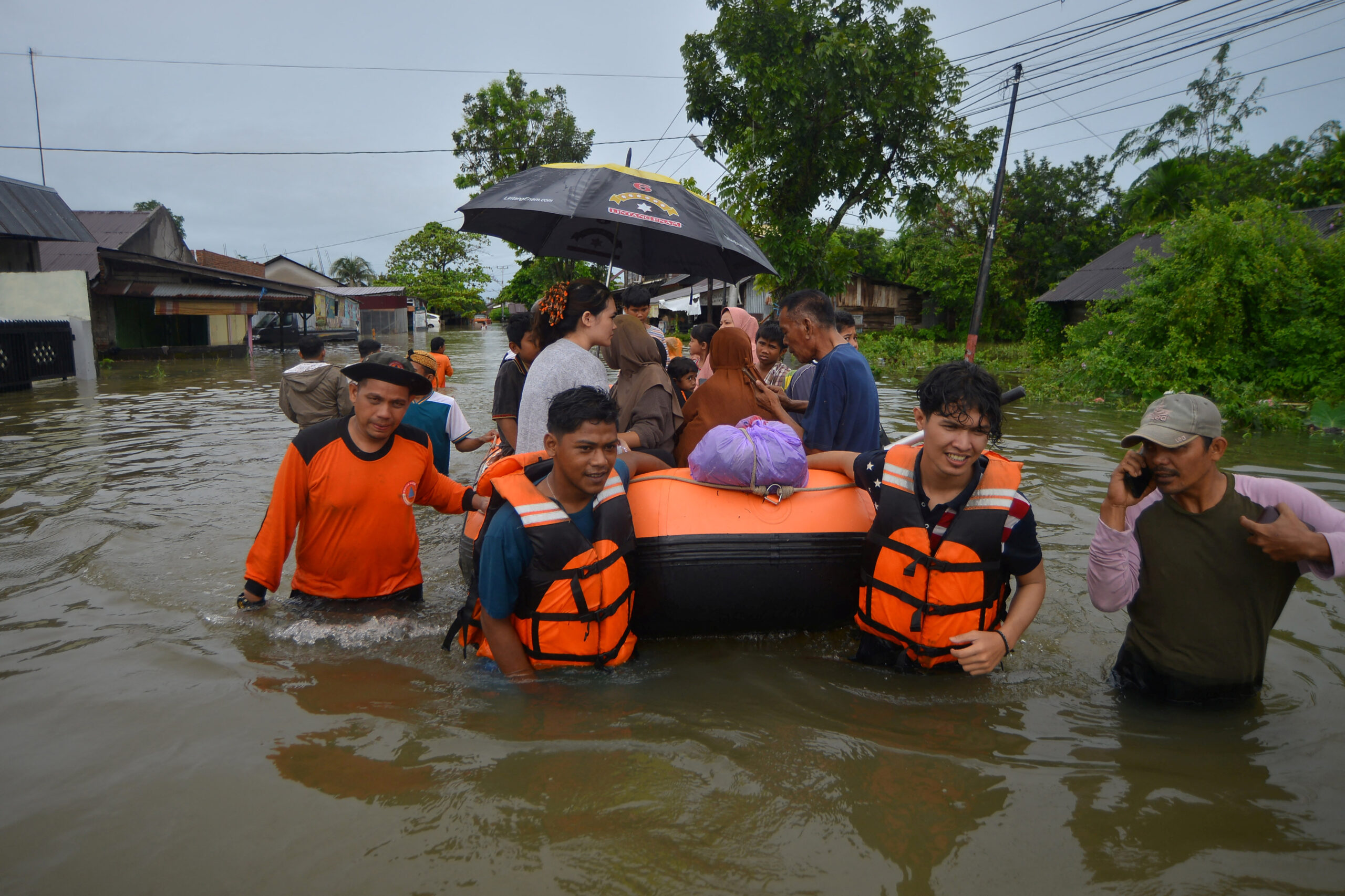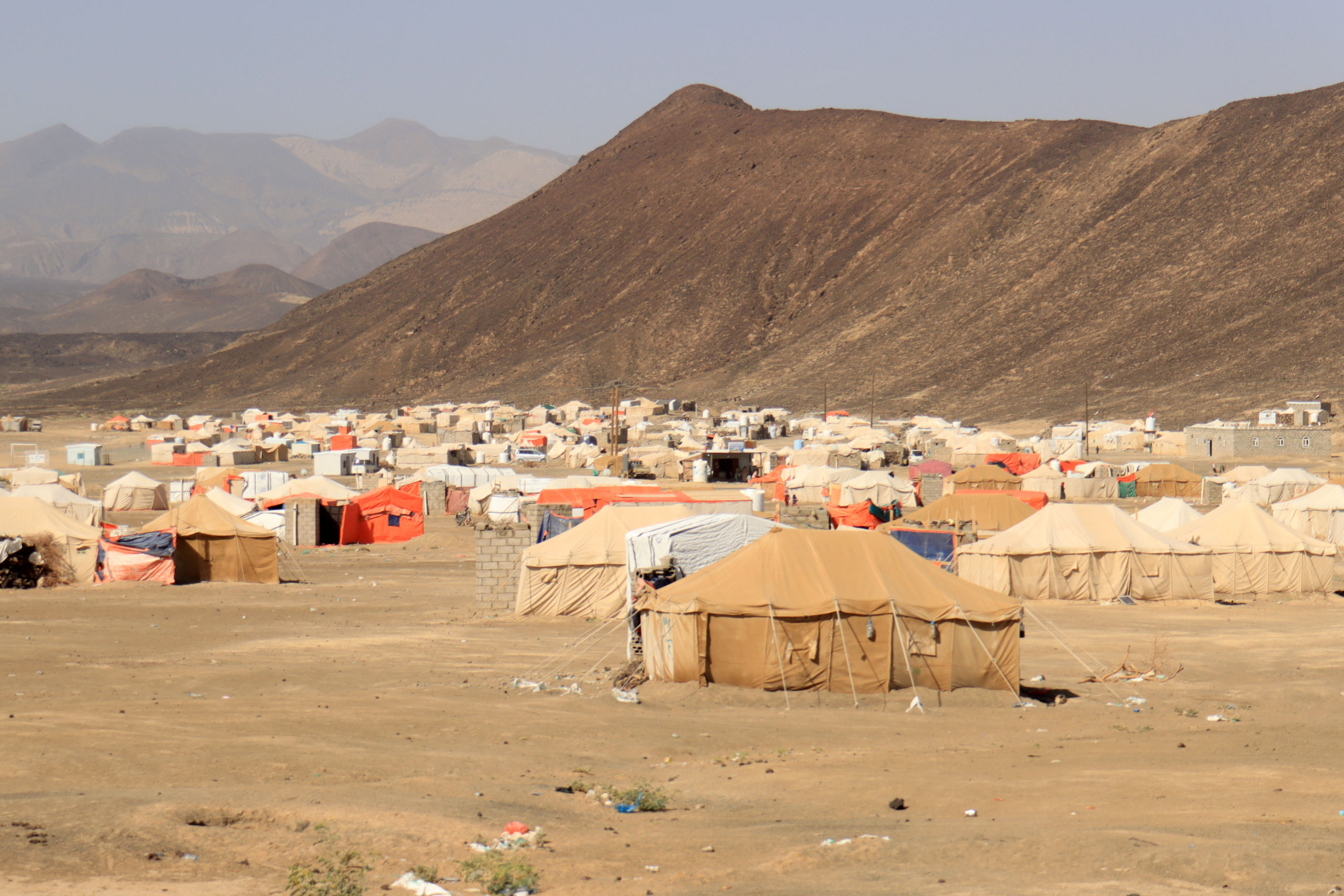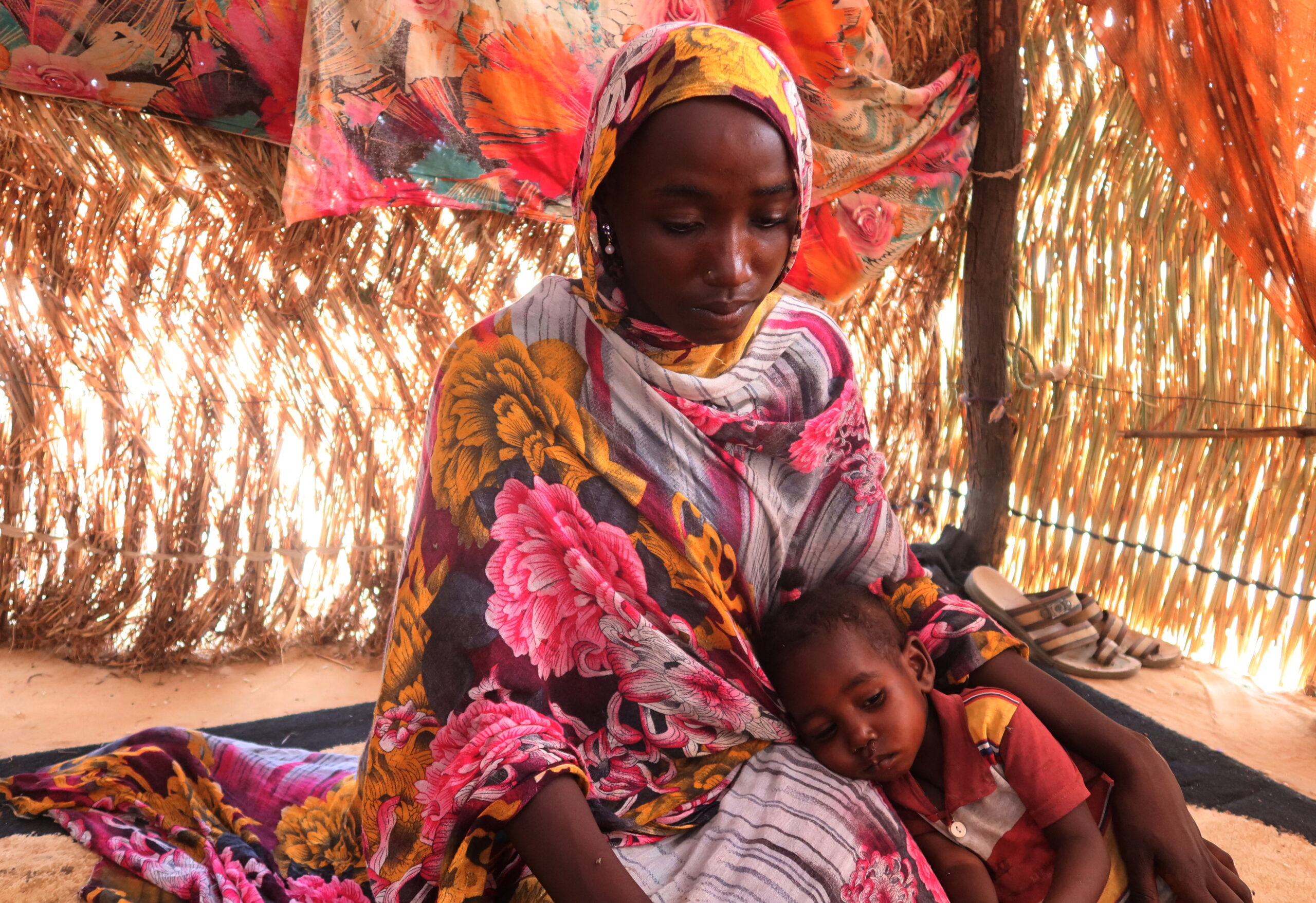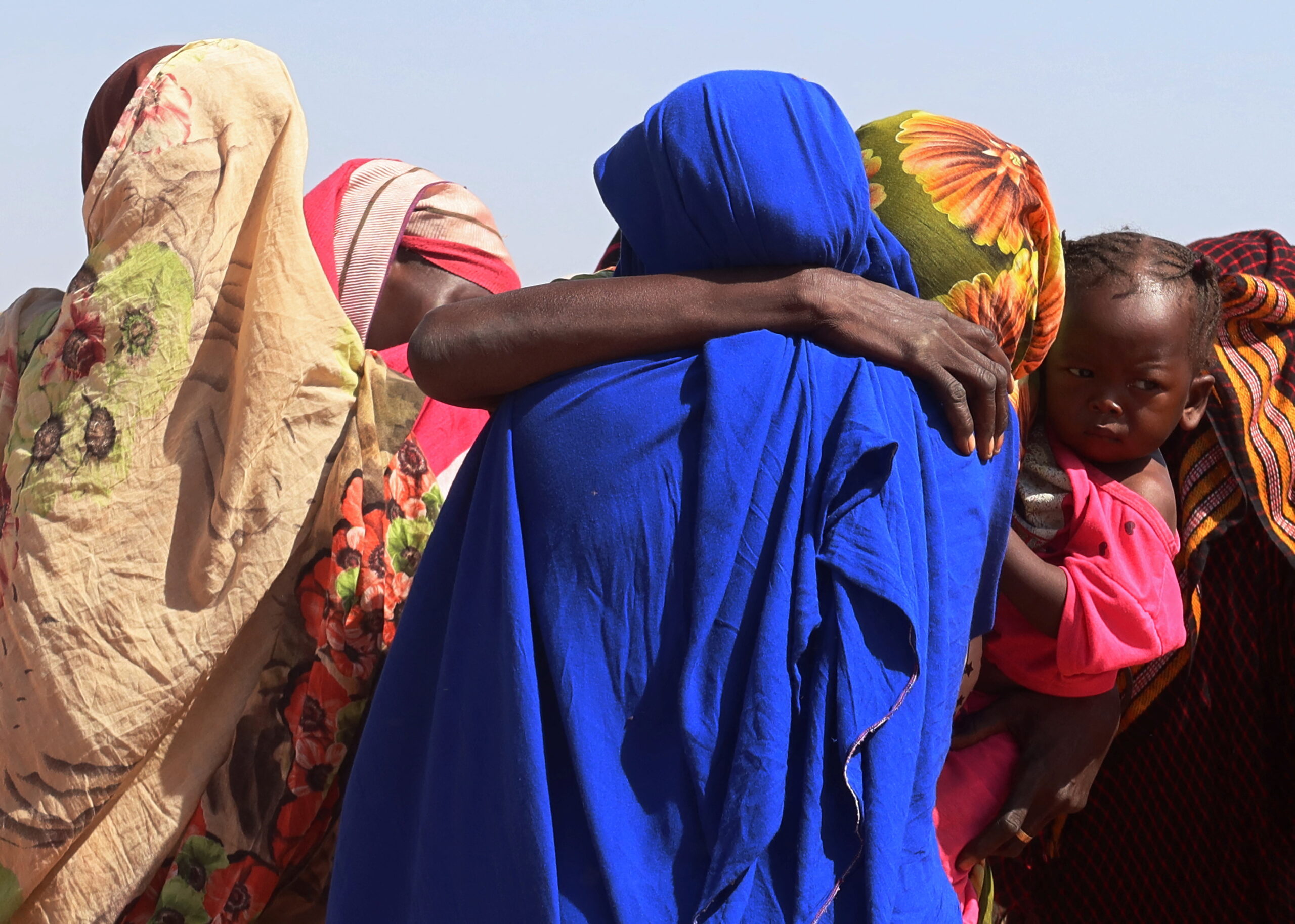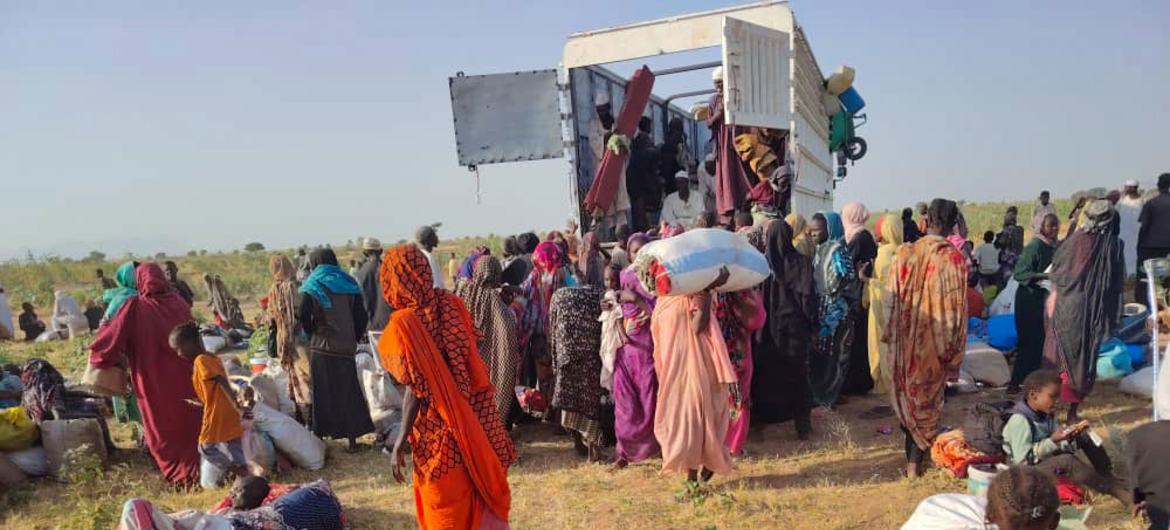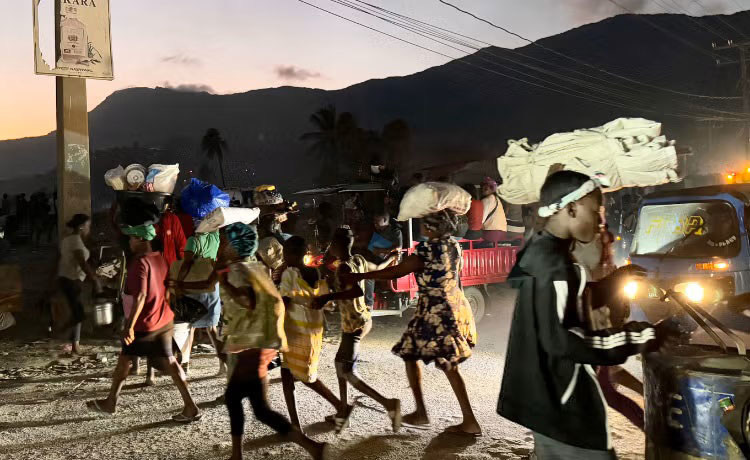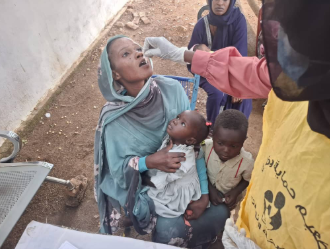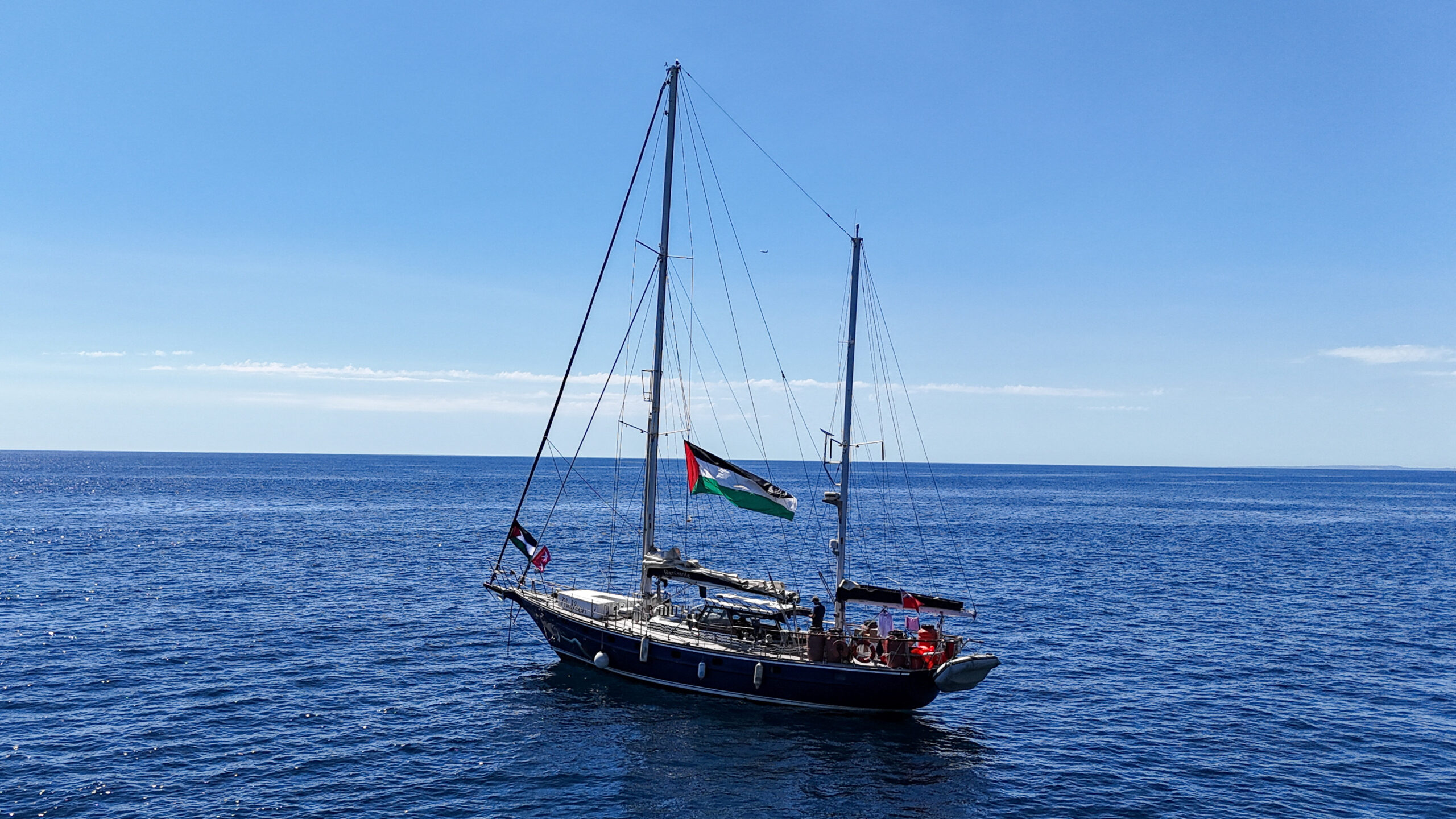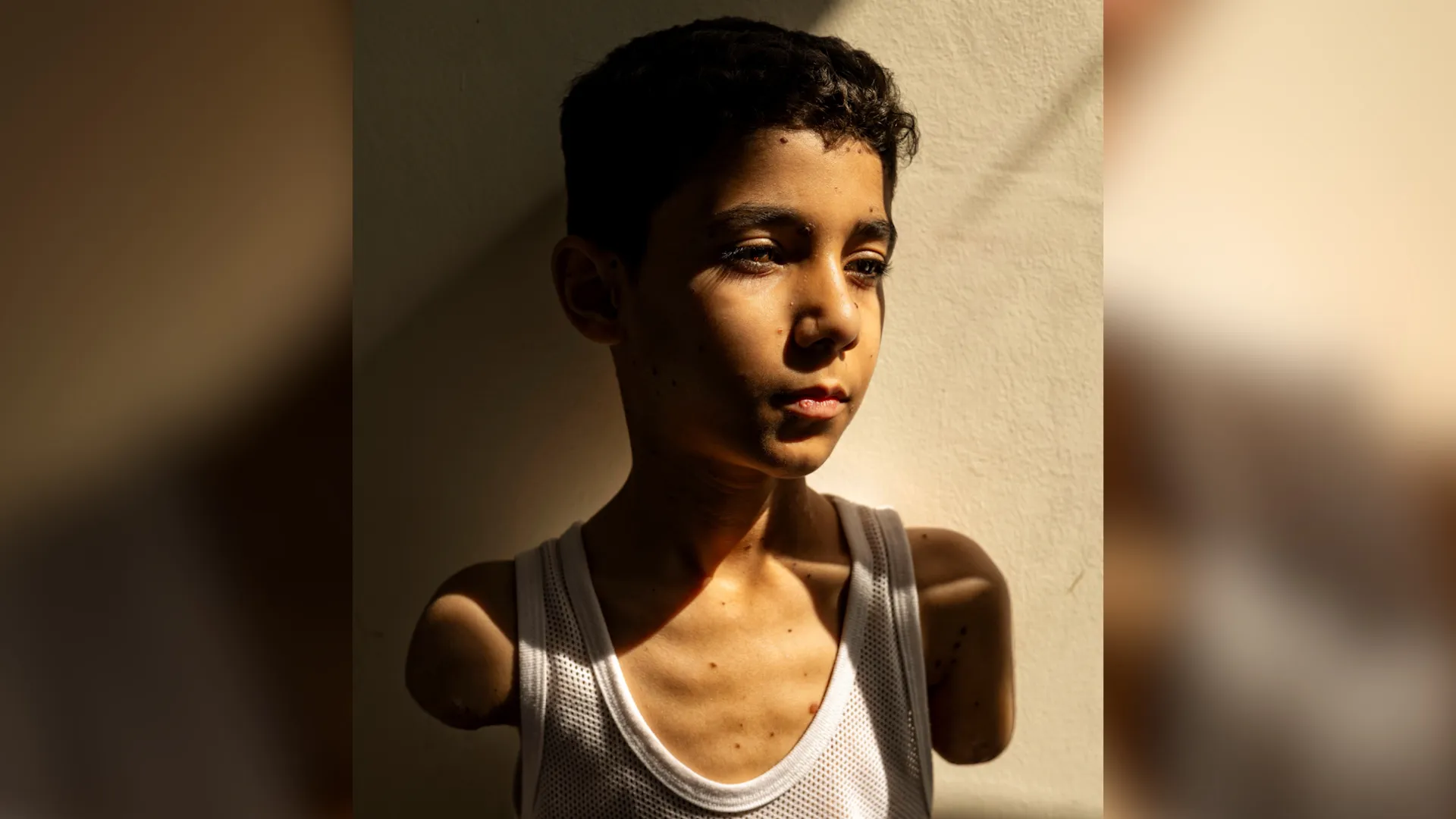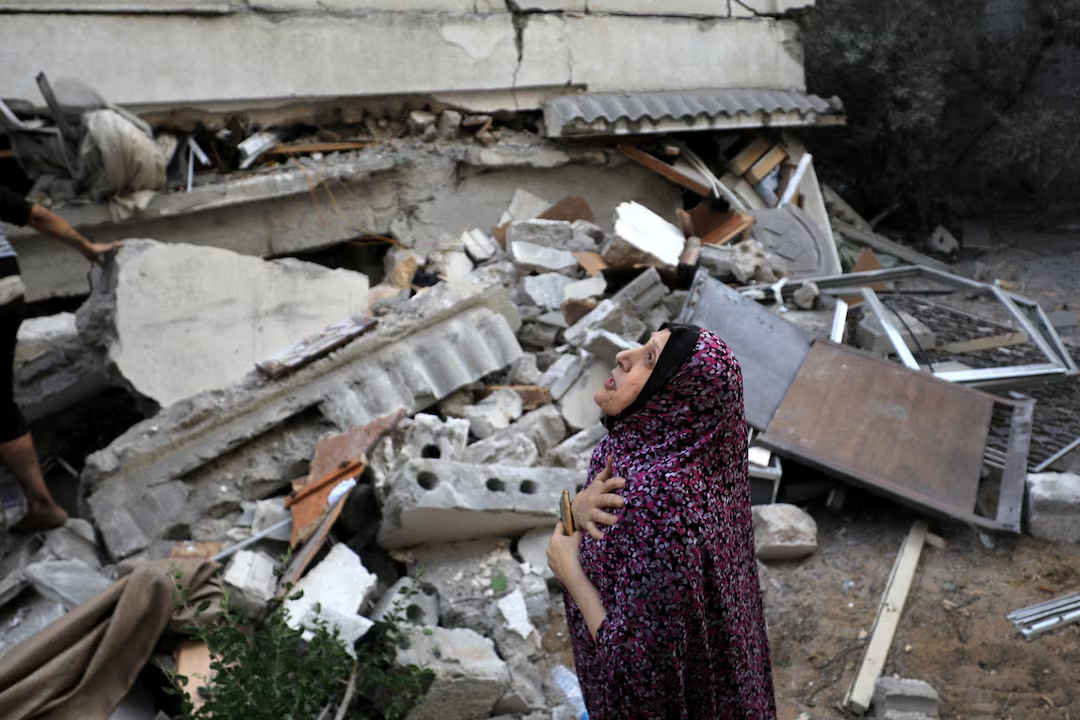H.E. Maryam Al-Misned and Qatar’s Unyielding Support for Sudan Amid Crisis

Minister of State for International Cooperation.
As Sudan continues to struggle with an ongoing humanitarian crisis and an escalating conflict, I am left to ask: how can we ensure that aid reaches the millions in desperate need? In a world where international focus often shifts to other global crises, I cannot help but notice that one small, but undeniably significant player is making a profound difference—Qatar. For years, Qatar has shown an unwavering commitment to Sudan, and I believe it is important to affirm its role as a steadfast ally during this latest chapter of instability.
Qatar’s relationship with Sudan is far from a recent development. For decades, I have witnessed how the two nations have shared a partnership grounded in diplomacy, economic cooperation, and, perhaps most critically, humanitarian assistance. Decades ago, Qatar played an instrumental role in facilitating Sudanese peace processes, acting as a mediator between conflicting factions. However, it is in the realm of humanitarian aid where Qatar’s commitment truly stands out to me. The country has consistently responded to Sudan’s escalating challenges, offering vital support during moments of acute crisis.
In 2021, Qatar pledged £150 million (around $200 million) in humanitarian aid to Sudan. But to me, this was only a fraction of Qatar’s ongoing efforts. Since 2011, Qatar has contributed more than £800 million (roughly $1 billion) in aid to Sudan, with much of this funding directed towards emergency relief and long-term development projects. These include initiatives in healthcare, education, and infrastructure. Notably, I find it striking that Qatar allocated £38 million ($50 million) in 2021 to support Sudanese refugees alone. Through its collaborations with international bodies such as the United Nations, Qatar ensures that its aid is channelled to the most critical needs: food, shelter, and healthcare, while also investing in the rebuilding of Sudan’s infrastructure—schools, hospitals, and beyond.
However, numbers alone do not fully encapsulate the depth of Qatar’s involvement. When violence ravaged Sudan in April 2023, I saw how Qatar responded swiftly and decisively. With more than 2.5 million Sudanese displaced by the violence, the humanitarian situation reached new levels of desperation. The country’s already fragile infrastructure was further decimated, with essential services like healthcare, education, and public utilities left in tatters. In this dire context, Qatar’s quick mobilisation of aid was, in my view, nothing short of critical.
At a high-level pledging conference in 2023, Qatar reaffirmed its commitment, pledging £76 million (approximately $100 million) in emergency aid. This focus was not just on immediate relief but on securing the future, with a particular emphasis on food security, healthcare, and the restoration of vital services. I was impressed to learn that Qatar also took the unprecedented step of establishing an airbridge to deliver aid directly into Sudan, while facilitating the evacuation of Sudanese nationals living in Qatar. Beyond government-led initiatives, Qatar’s philanthropic organisations have been active on the ground, providing much-needed relief and rebuilding communities where Sudanese authorities cannot reach.
One of the standout features of Qatar’s approach, to me, has been its focus on the gendered impact of the conflict. In a bold and much-needed move, Her Excellency Mrs. Maryam bint Ali bin Nasser Al-Misned, Qatar’s Minister of State for International Cooperation, announced a £7.6 million (around $10 million) initiative aimed at supporting women in conflict zones. This initiative focuses on providing psychological, social, and economic support to women, who have disproportionately borne the brunt of the violence. Empowering women is not just a moral imperative; I believe it is also a crucial step in the road to post-conflict recovery. By prioritising women’s education and economic independence, Qatar is laying the groundwork for a more stable and prosperous future for Sudan.
Despite these efforts, Sudan’s suffering is at risk of being overshadowed by other crises around the world. Yet, to me, Qatar’s example serves as a timely reminder of how smaller states can and should play a disproportionate role in global humanitarian efforts. In an era when larger nations may be overwhelmed by geopolitical concerns, I see that Qatar has used its influence and resources to make a real difference. While some may question the efficacy of such interventions, Qatar’s example proves that consistent, long-term commitment can yield meaningful results. The country’s humanitarian leadership sends a clear message to me: the world cannot afford to turn a blind eye to Sudan’s crisis.
Qatar’s involvement is also part of a broader regional strategy, which I recognise as vital. A stable Sudan is not only a humanitarian necessity; it is essential for the security and stability of the Horn of Africa and the broader Middle East. By supporting Sudan’s recovery, Qatar is investing in the long-term peace and stability of a region long beset by conflict. As such, Qatar’s support is not merely about addressing an immediate crisis; it is about fostering a future in which Sudan—and the region as a whole—can prosper in peace.
The recent visit of Her Excellency Mrs. Maryam bint Ali bin Nasser Al-Misned to Port Sudan was, to me, a powerful symbol of Qatar’s enduring commitment to the Sudanese people. Her words emphasised the importance of international cooperation in addressing the monumental challenges Sudan faces. As Sudan continues to endure the ravages of war, I see Qatar’s continued support offering a glimmer of hope, underscoring the pivotal role that even smaller states can play in shaping global peace efforts.
With over £800 million ($1 billion) in aid over the past decade, Qatar’s contributions stand as a testament to me of the power of solidarity in times of crisis. The international community would do well to follow Qatar’s example, prioritising peace, stability, and human dignity in Sudan. By acting decisively and consistently, I believe Qatar has demonstrated that even smaller states can make a significant impact on global humanitarian efforts, offering a model of leadership that is both effective and compassionate.
- Most Viewed
- Most Popular



